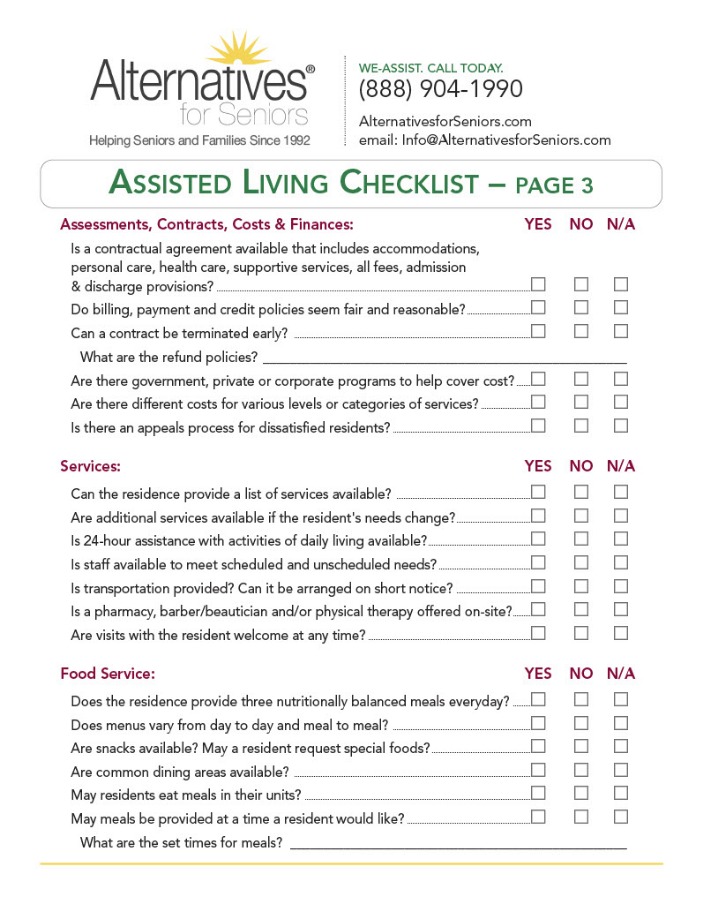As our population ages, assisted living is becoming an increasingly popular option for many seniors. This model of care offers a balanced lifestyle, combining independence with essential support. Here’s a detailed overview of what assisted living entails and its various benefits.
What is Assisted Living?
Assisted living facilities are designed to bridge the gap between independent living and the specialized care of nursing homes. Residents usually have their own apartments or rooms and share common areas. These communities provide a range of services tailored to meet individual needs.
Key Features of Assisted Living
- Private or semi-private living spaces
- 24-hour support and security
- Personal care services such as bathing, dressing, and medication management
- Nutritious meals and snacks
- Housekeeping and laundry services
- Social and recreational activities
- Transportation services
Benefits of Assisted Living
Choosing the right care option is crucial. Here are significant benefits associated with assisted living:
- Enhanced Safety: Constant monitoring and assistance reduce risks associated with falls and emergencies.
- Social Engagement: Access to a built-in community fosters friendship and combats loneliness.
- Personalized Care: Care plans are tailored to meet specific needs, ensuring comprehensive support.
- Stress Relief for Families: Knowing that their loved ones are well-cared-for brings peace of mind to relatives.
Frequently Asked Questions (FAQs)
What services are typically included in assisted living?
Most assisted living communities offer housekeeping, meal preparation, personal care, medication management, and social activities.
How much does assisted living cost?
Costs vary based on location, the level of care required, and the facility’s amenities. It’s important to compare options to find one that fits your budget.
Can residents bring their own furniture?
Read more about Dementia Care Long Island here.
Yes, most communities encourage residents to personalize their living spaces with their furniture and decorations.
What is the difference between assisted living and a nursing home?
While assisted living provides support with daily activities, nursing homes offer medical care for residents with severe health conditions.
Assessing care needs, comparing services, and visiting potential communities can ensure you choose the best possible environment for yourself or a loved one. Assisted living can significantly enhance quality of life, offering a blend of independence and necessary support.





